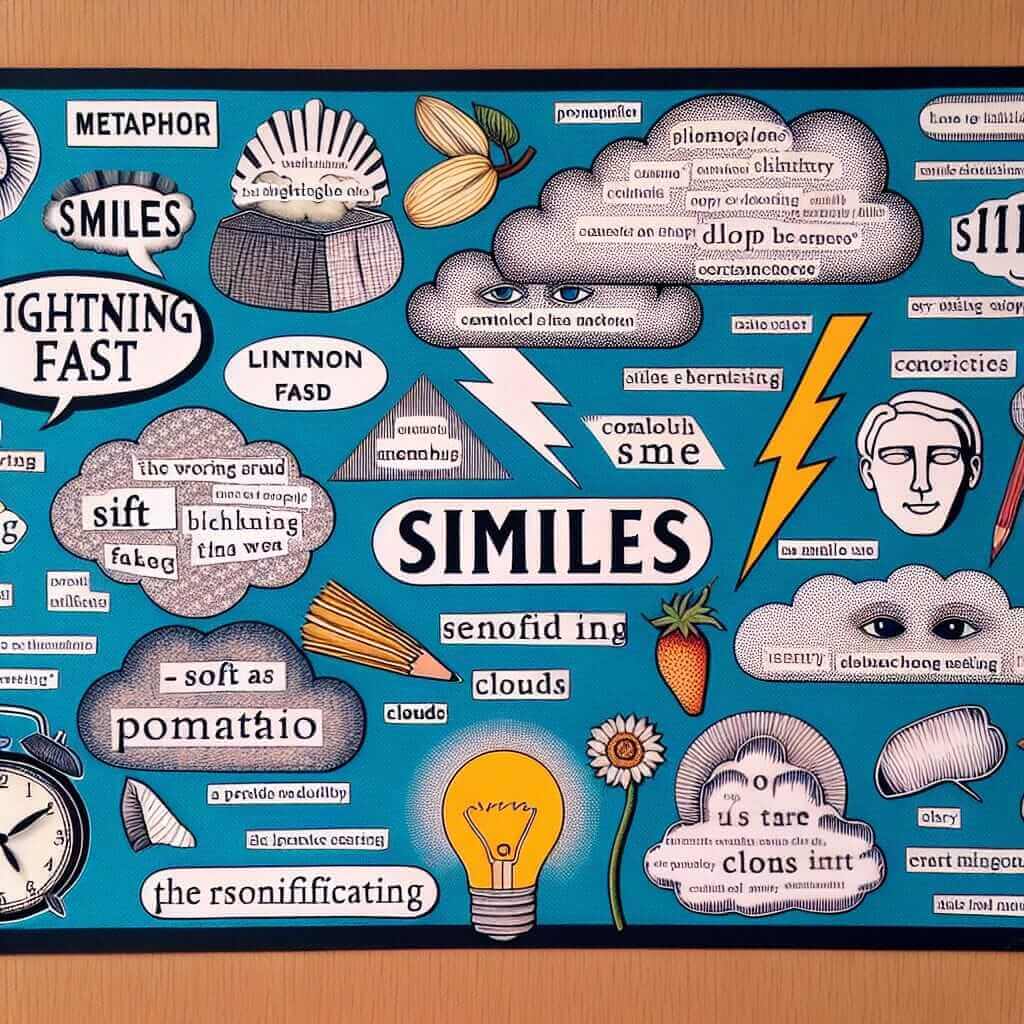Introduction: Mastering Figurative Language for IELTS Success
As an IELTS instructor with over 20 years of experience, I often encounter students who feel intimidated by figurative language in the Reading section. Phrases like “are artists liars” seem perplexing when taken literally. However, understanding figurative language is crucial for achieving a high IELTS score, as it’s frequently used in various texts, from literature to opinion pieces.
Unmasking the “Lie”: Figurative Language Explained
The statement “are artists liars” isn’t meant to be taken literally. It’s an example of figurative language, where words are used in a non-literal sense to create an effect, evoke emotions, or convey deeper meanings. In the context of art, this statement likely refers to the artist’s ability to present a subjective perspective or an imagined reality, rather than a photographic representation of the world.
Here’s why understanding figurative language is essential for IELTS Reading:
- Enhanced comprehension: It allows you to grasp the author’s intended meaning beyond the literal words.
- Improved inference skills: You can draw conclusions and understand implied meanings.
- Vocabulary enrichment: You’ll encounter a wider range of vocabulary and their nuanced usage.
Decoding Figurative Language: Examples from IELTS Reading
Let’s examine how figurative language might appear in IELTS Reading passages:
1. Metaphor: Comparing two unlike things directly.
- Passage excerpt: “The city was a concrete jungle, teeming with life and hidden dangers.”
- Meaning: The city is compared to a jungle, highlighting its chaotic nature, dense population, and potential risks.
2. Simile: Comparing two unlike things using “like” or “as.”
- Passage excerpt: “Her voice was like velvet, soothing the restless audience.”
- Meaning: The woman’s voice is compared to velvet, emphasizing its smooth and calming quality.
3. Personification: Giving human qualities to non-human entities.
- Passage excerpt: “The old house stood proudly, its windows like watchful eyes guarding its secrets.”
- Meaning: The house is given human-like qualities of pride and watchfulness, creating a more vivid image and suggesting a sense of mystery.

Tips for Tackling Figurative Language in IELTS Reading
- Context is Key: Pay close attention to the words and sentences surrounding the figurative language. The context will provide clues to its meaning.
- Build Your Vocabulary: Familiarize yourself with common idioms, metaphors, and similes.
- Practice Makes Perfect: Regularly read diverse texts, including fiction and non-fiction, to improve your ability to identify and interpret figurative language.
- Don’t Overthink: While it’s important to understand figurative language, don’t get bogged down by trying to analyze every single phrase. Focus on grasping the overall meaning of the passage.
Conclusion: Embrace the Art of Interpretation
Mastering figurative language is like acquiring a secret code to unlock deeper meaning in texts. By understanding how authors utilize these literary devices, you’ll be better equipped to navigate the complexities of the IELTS Reading section and achieve your desired score. Remember, practice and a keen eye for context are your greatest allies in this endeavor.